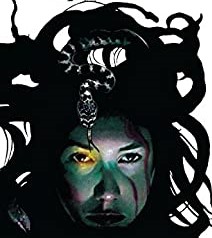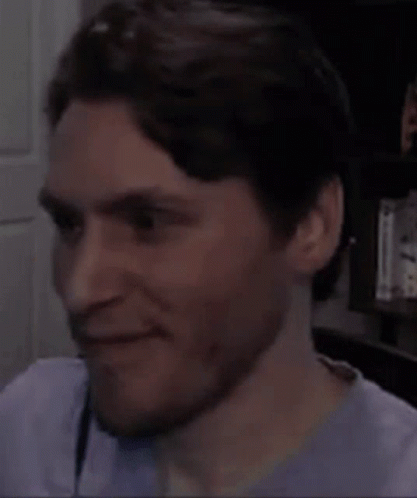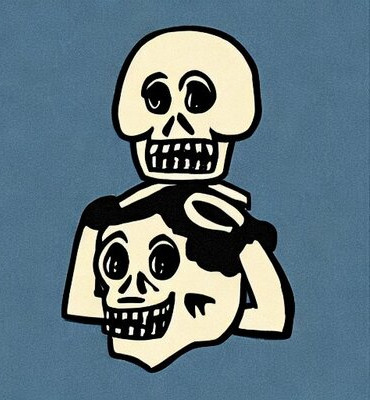A federal judge on Friday upheld a finding from the U.S. Copyright Office that a piece of art created by AI is not open to protection.
“In March, the copyright office affirmed that most works generated by AI aren’t copyrightable but clarified that AI-assisted materials qualify for protection in certain instances. An application for a work created with the help of AI can support a copyright claim if a human “selected or arranged” it in a “sufficiently creative way that the resulting work constitutes an original work of authorship,” it said.”
Thaler was appealing this, and his appeal was denied.
I didn’t read the article but does it say anything about detectability? If I claim I created it who can prove an AI did?
I didn’t read the article but
So I read the article and the lawsuit has nothing to do with my question. It’s more about precedent and actually finding out what the laws are if everything is as claimed.
Still think detectability is an interesting question.
Yeah, but detectability isn’t a new question, is it? It’s just a twist on the old question of “Did someone else create it other than the guy who claimed it?”
What is there to prove that a piece of artwork was or wasn’t made by AI? Within a few years, it will be nigh impossible to tell when AI helped or wholly created a piece, and this will effectively stop no one. It’s a bandaid on a hemorrhage. It’s a very helpful bandaid, but by fuck can someone grab the sutures already?
What would the “sutures” be, in this analogy?
That’s a difficult question to answer and one that will inevitably piss off many. Mandatory detectability is the easiest answer, but the vaguest- ideally with information about used artworks. Severe fines for training on copyrighted works is another route. Vast and continued investment in creating a public domain art library to pull from would ease the issue for artists. I don’t use AI for art and I don’t legislate so I’m not the one to ask, all I can offer is bandaids as well.
Just the risk alone will probably deter some companies. You can try to bluff your way through claiming copyright infringement, but if you do ever find yourself in court, the discovery process will start with ways to find out if AI was used and how much.
In theory you could lie to the courts, but that’ll make you personally liable, which would be ridiculous.
Copyright currently lives on for 70 years after the death of the authors because of the media cartel. Imagine producing new content that becomes public domain five years after release because someone managed to find out it was AI generated!
Well, computer forensics IS a thing. Computers keep a record of everything done on them, and if it comes down to a lot of money at stake and a lawsuit then those computers can be looked at.
What, a full department equivalent to the IRS to constantly audit art and its process? That could work. It’d be pricy, but it could work.
It would create jobs.
The argument about a photograph being copyrightable, even if made by a machine, because a photographer has chosen pose, lighting, lens settings etc., becomes extremely elastic as AI outputs become more steerable: “put a lamp here, turn the light on, make it cosier” etc.
Is it actually the prompt-chain that is copyrightable?
It gets very confusing, very very fast.
Funny, because photography is actually the precedent on this. A monkey took a picture, it was not copyrightable.
I’d advise you to keep a record of your creative process here, because it may come down to how many prompts you used to steer it.
If a capitalist had an AI that learned Syd Mead’s work output many Syd Mead-like illustrations for publication, he would be sued by fans to protect Syd Mead’s copyright. But if the same thing were done by an AI that learned the work of a new artist who admired Syd Mead and honed his skills, who would protect the new artist?
It’s nice to see this starting to get tested in court.
I doubt this will really upset “Hollywood Studios” too much, though. They are unlikely to be creating entire productions using ML techniques, and instead using it for smaller parts of an overall production. It seems like e.g. generating a voice or image for one part of a film would not invalidate copyright on other parts of the work or of the overall work taken together.
Film studios also rely on other non-copyright protections such as trademarks to dissuade derivative works.
I think the bigger test will be: is it copyright infringement to use a work as part of a training set for a model? It’s all very well saying that the output is not copyrightable, but there’s still a big question about the input.








